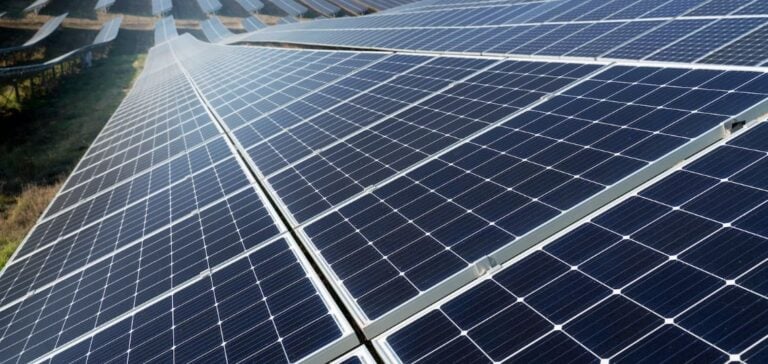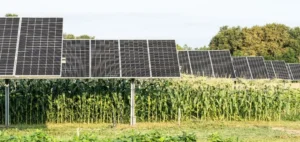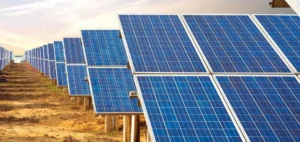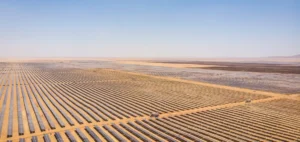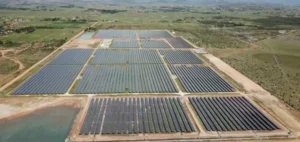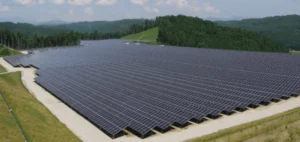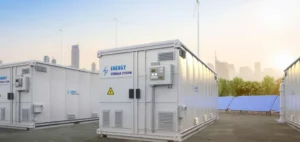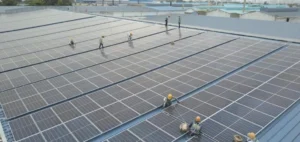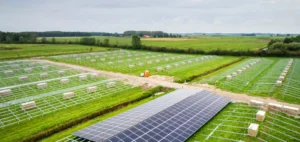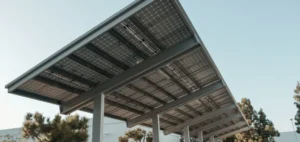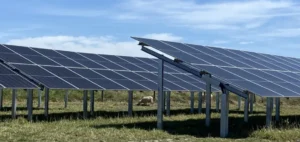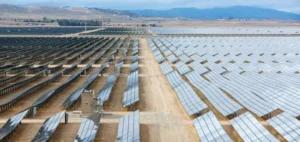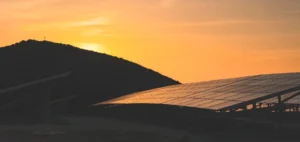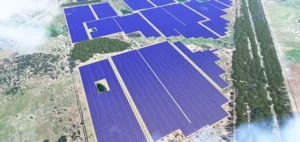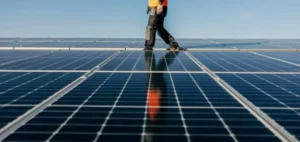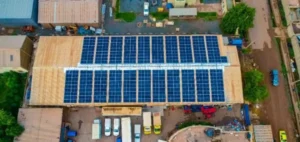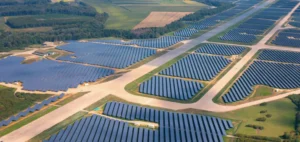ES Foundry, a South Carolina-based company specializing in crystalline solar cells, has signed a multi-year contract exceeding one gigawatt (GW+) with a prominent solar module manufacturer. This agreement is part of a strategic effort to bolster U.S. energy sovereignty by leveraging domestic production to reduce reliance on Asian imports, which still dominate the market.
According to industry analysts, this initiative addresses two critical challenges: securing supply chains amid geopolitical tensions and taking advantage of federal tax incentives, such as the Domestic Content Investment Tax Credit (ITC), which promote locally produced solutions.
Strengthening Supply Chain Resilience
The U.S. solar industry remains heavily reliant on imported cells, despite having over 40 GW of domestic module manufacturing capacity. By increasing local cell production, ES Foundry plays a pivotal role in mitigating vulnerabilities, including tariff fluctuations and logistical disruptions.
“A robust domestic production capacity is essential to stabilize the solar market and protect investors from the risks associated with imports,” said a Wood Mackenzie analyst. This strategy also stimulates regional economies by creating jobs in strategic sectors vital to the energy transition.
A Strong Signal for the U.S. Market
This partnership reflects the evolution of the U.S. energy market, where industry players are adapting to new regulations prioritizing domestic content. For project developers, a reliable local supply chain means not only easier access to tax incentives but also better control over costs and timelines—critical factors in a rapidly expanding sector.


